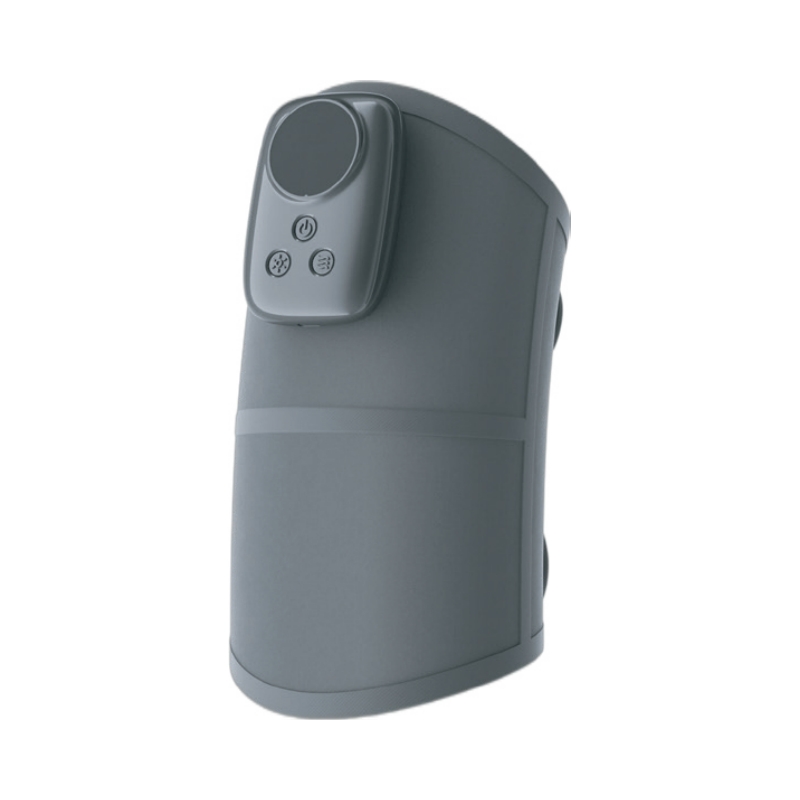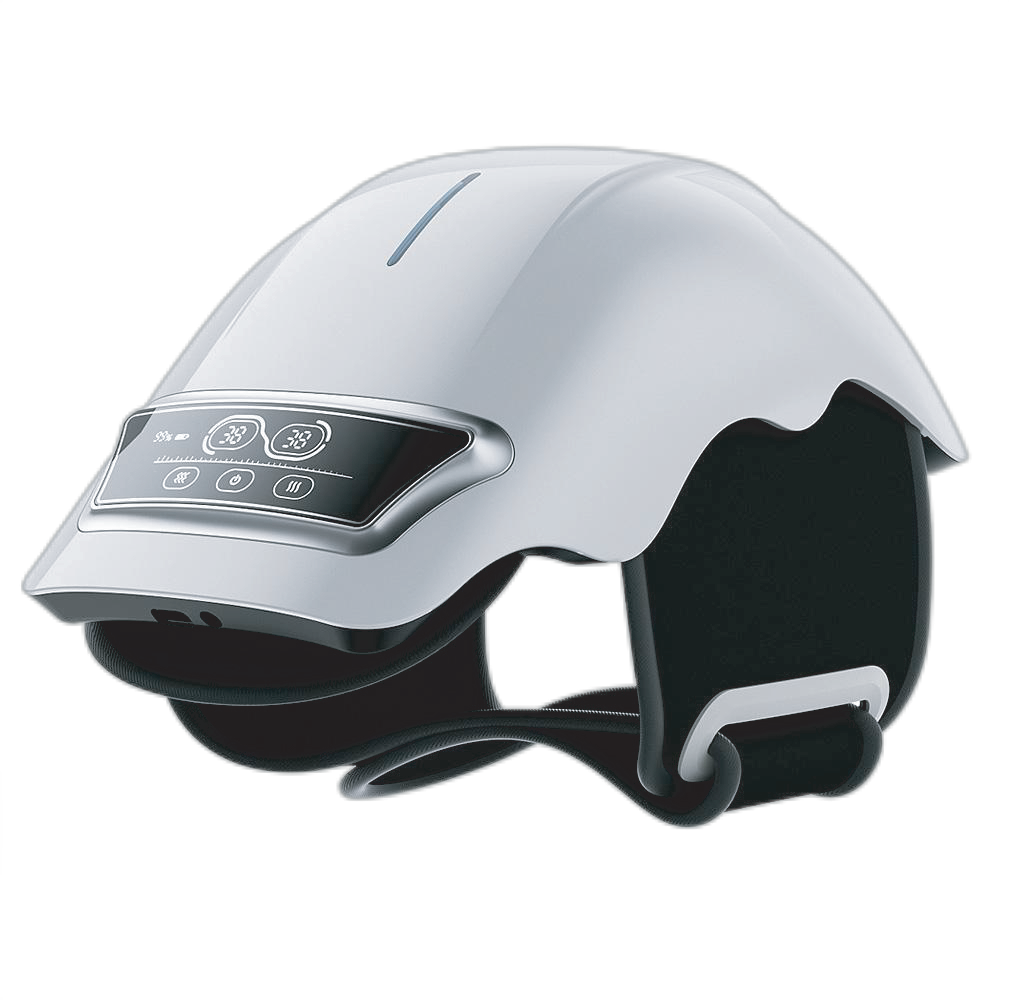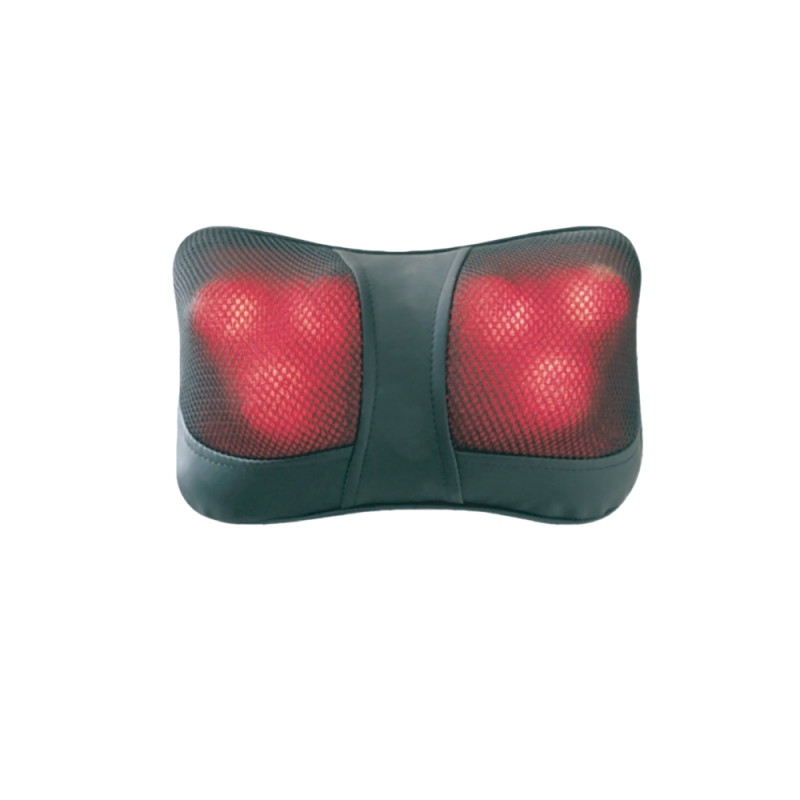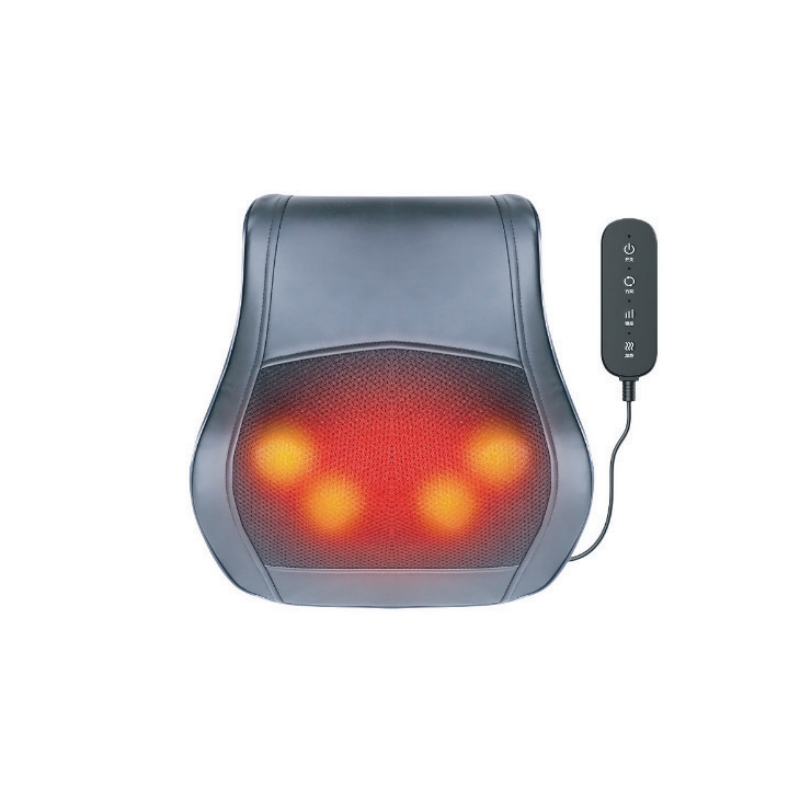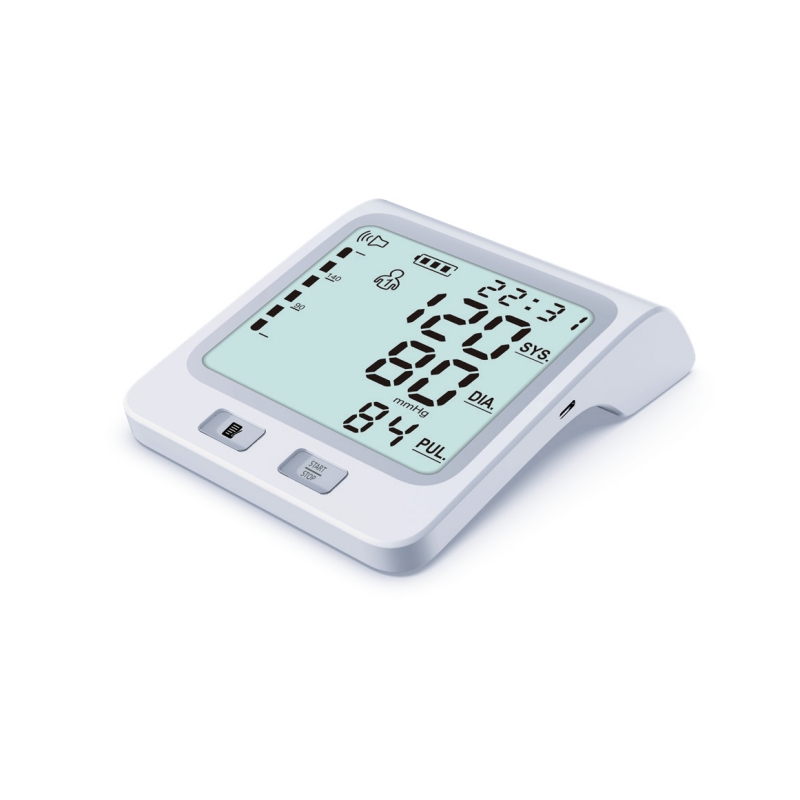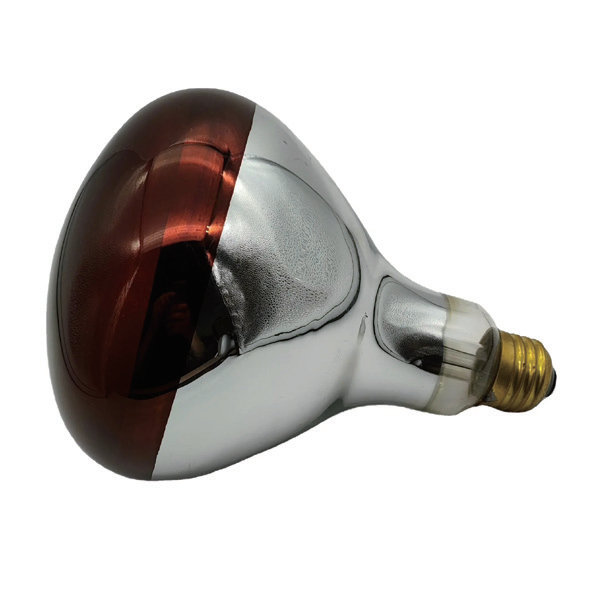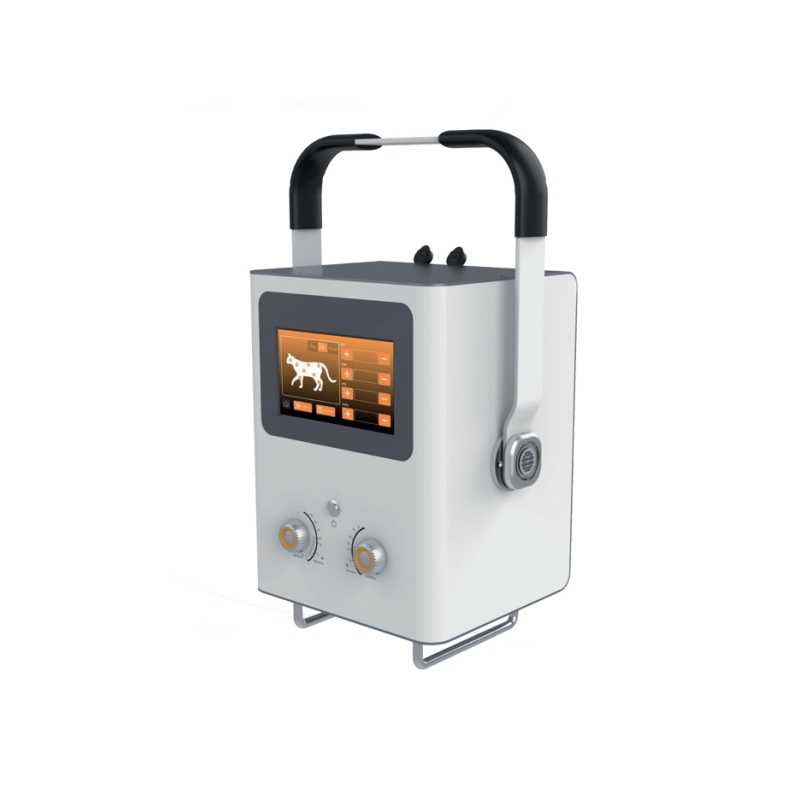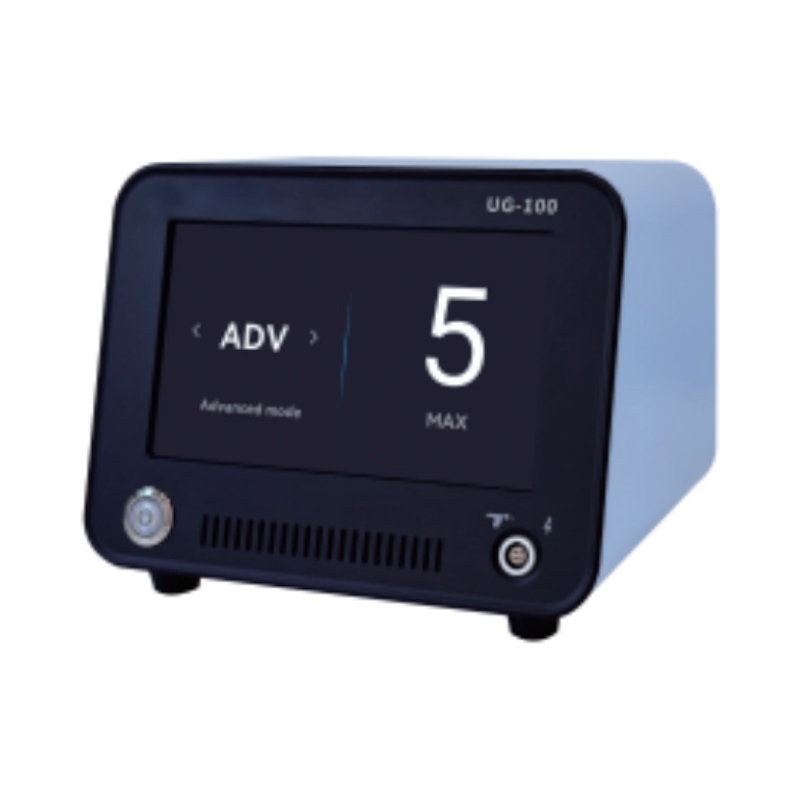What is tension?
What is tension?
What is tension?
The blood pressure inside the arteries is defined as blood pressure. This pressure allows the tissues in the body to bleed and maintain their vital functions. This blood pressure may decrease or increase due to some factors. This situation will cause various difficulties in daily life and also pave the way for some diseases.
What is hypotension (low blood pressure)?
Hypotension is the name given to a decrease in blood pressure values. Hypotension, also known as low blood pressure, is the condition of systolic blood pressure less than 90 mmHg. It has symptoms such as fainting, dizziness, weakness and sweating.
What is hypertension (high blood pressure)?
Hypertension is the name given to elevated blood pressure values. Hypertension, also known as high blood pressure among the people, is the state of systolic blood pressure greater than 120 mmHg. Hypertension does not have major symptoms, which has led to high blood pressure being referred to as the “silent killer”. Pressure in the ears, nausea and palpitations are symptoms that manifest themselves in suddenly rising blood pressure.
What are the causes of hypertension?
There are many reasons for the emergence of hypertension. These can be listed as:
Genetic factors: if one or more of the family members have a history of high blood pressure, it can be genetically transmitted to the next generations,
Diabetes disease,
Smoking; it is a factor in raising blood pressure because it causes constriction in the veins,
Excessive salt consumption
Stress,
Obesity,
Some diseases; it can be seen in diseases such as cardiovascular, kidney and thyroid diseases.
Most patients with hypertension do not have a cause. This is called essential hypertension.
What are the symptoms of hypertension?
Hypertension is a latent disease and when it rises slowly, it may not show any symptoms for years. Still, there are some symptoms. These:
Headache,
Bleeding in the nose,
Pressure or ringing in the ears,
Weakness,
Sweating,
Faint,
Urinary frequency,
Edema in the legs.
How is hypertension diagnosed?
First, blood pressure is measured at regular intervals, and if the average of two or more measurements is greater than 130 mmHg, it is observed as a sign of high blood pressure. Then an EKG is taken to the person, a 24-hour holter is attached and observation is made. Blood and urine tests are requested and the patient is physically examined. According to these results, an appropriate treatment is started under the supervision of a doctor.
What are the effects of hypertension on the body?
Early diagnosis is very important in hypertension, which is a very dangerous disease. If blood pressure is not adequately controlled, it can cause damage such as cerebral hemorrhage, occlusion of cerebral vessels, stroke, heart attack, heart failure, kidney failure and vision loss.
Blood pressure in pregnancy
On average, high blood pressure is seen in one out of every 10 pregnant women. This increase in blood pressure, which is harmful to both the baby and the mother, should be investigated and whether it is chronic or due to pregnancy should be examined. Gestational hypertension usually occurs after half of pregnancy, usually in the 5th month or later. Early diagnosis and initiation of treatment are of great importance in this period, as it may cause premature birth, retardation in the development of the baby, damage to the placenta of the baby, and pregnancy poisoning.
What is eye pressure (Glaucoma)?
Glaucoma, popularly known as glaucoma, is the damage to the optic nerves as a result of the occasional sudden and very high eye pressure. This causes damage to the patient’s vision. Eye pressure can be age-related as well as can be seen in people of all ages due to genetic factors. This risk is high in myopic patients. Diabetes and goiter patients often have eye pressure.
The symptoms of eye pressure are as follows: headache in the morning, occasional blurred vision, pain around the eyes, blurred vision, and seeing rings around lights at night are among the most obvious symptoms.


 English
English Spanish
Spanish Turkish
Turkish
